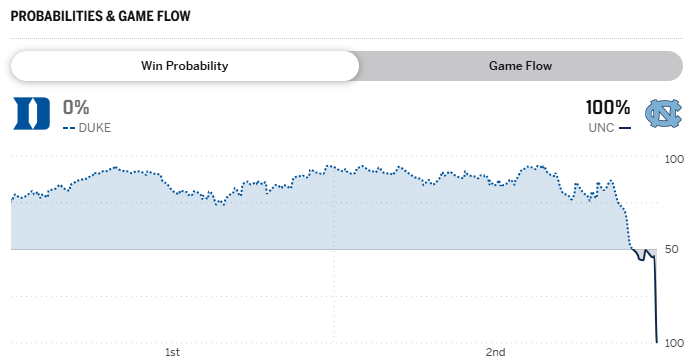
Reading Time: 3 minutes
No one wants to admit they are struggling. We all have pride and want to put on an appearance that our marriages are perfect. Social media has exacerbated this facade.
I had a conversation with a spouse that reminded me of a much deeper expression of love: the gift of unity.
This person reached out to me deeply concerned about the state of their marriage and finances. As we talked, it became clear that the primary source of their anxiety wasn’t just the balance in the bank account—it was the fact that they and their spouse were no longer walking in the same direction.
They are not alone. Almost half of couples avoid money talks because they’re afraid of conflict. We get it. Marriage is hard work.
Communicating with our spouse can be tough, especially when it comes to money. It can bring out some strong emotions. But those conversations if done in the right way, are where deeper connection (and stronger marriages) actually happen.
Beyond the “Roommate”
In Genesis 2:24, we find the foundational blueprint for marriage:
Therefore a man shall leave his father and his mother and hold fast to his wife, and they shall become one flesh.
This “leaving and cleaving” is often applied to our family connections and our living arrangements, but it must extend to our finances as well. When we maintain “his and hers” money or keep financial secrets, we are essentially resisting the call to become “one flesh.” We inadvertently become financial roommates instead of spiritual partners.
Walking in Agreement
The Bible asks in Amos 3:3:
Do two walk together unless they have agreed to do so?
When a couple isn’t in agreement on their finances, they are walking toward two different futures. This division is where stress thrives. However, when you choose total financial transparency and shared goals:
- The Burden is Shared: You no longer face debt or inflation alone.
- Trust is Fortified: Transparency in the checkbook builds trust in the heart.
- Peace is Multiplied: As Mark 3:25 suggests, a house united is a house that stands firm.
This Valentine’s Day, while the chocolate and flowers are wonderful, I want to encourage you to give the gift of alignment. True financial unity turns a solitary struggle into a shared mission.
Let’s Get on the Same Page
If money has become a source of friction rather than a tool for your future, my wife and I would love to help. Our passion is to minimize financial stress and maximize lives. We love getting couples on the same page financially and working towards joint goals.
As a husband-and-wife advisory team at Intelligent Investing, we have a unique passion for helping couples bridge the gap. We believe that when you align your finances with your faith and your spouse, you experience a level of peace that no candlelit dinner can provide. Over the past 10 years or so, we have been helping couples transition into retirement, not only financially, but emotionally as well.
We believe that when you get your finances right, it strengthens the very fabric of your marriage. It takes work, but it is worth the effort.
Ready to get on the same page? We would love to help you build a unified plan for your future.
Get Started!








